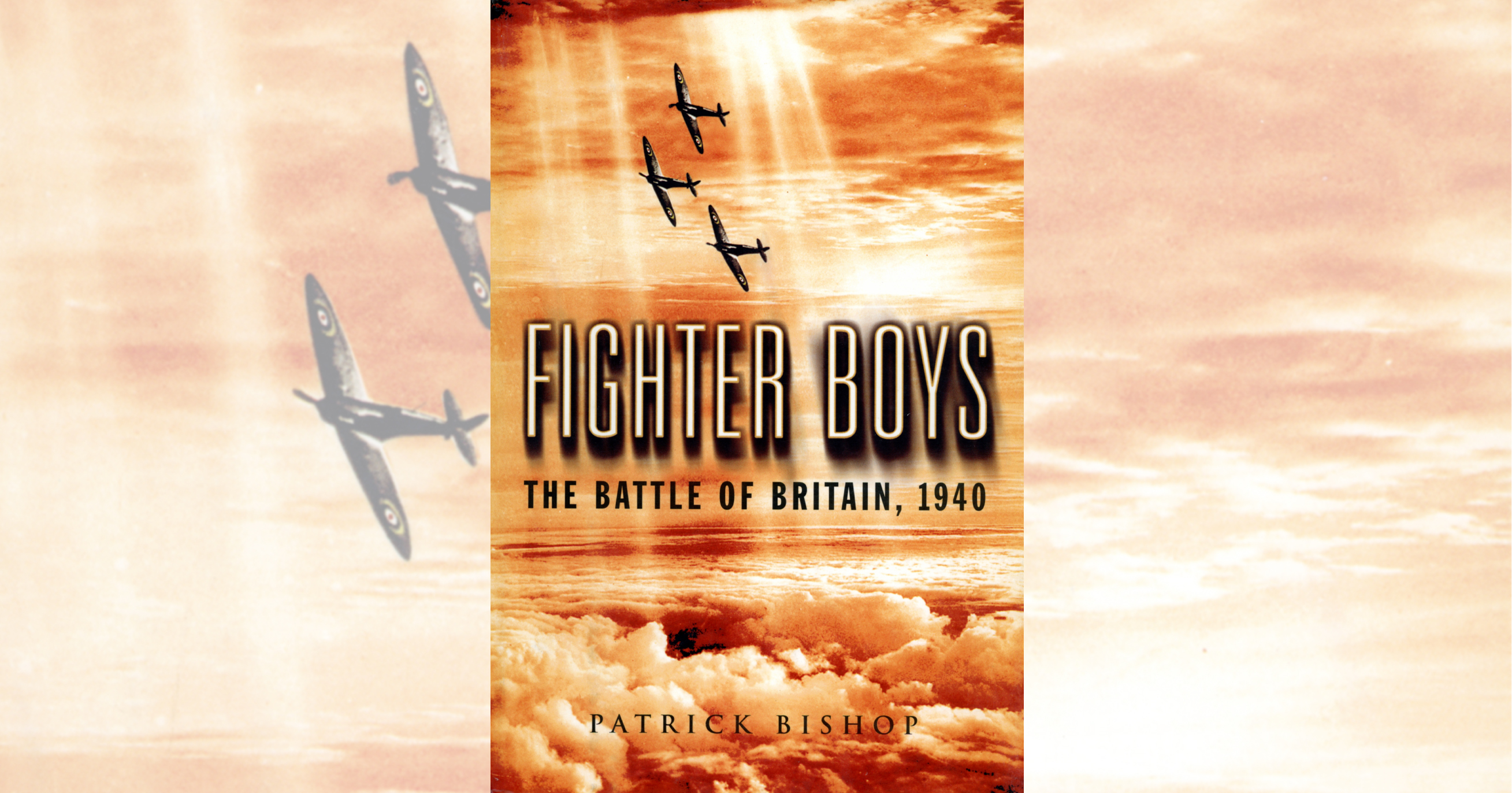Fighter Boys: The Battle of Britain, 1940, by Patrick Bishop, Penguin Books, 2003, $26.95.
Overlooking the meadow of Runnymede next to the River Thames, the Air Forces Memorial honors the 20,389 RAF and Commonwealth airmen and women who died in World War II and have no known grave. Above the arch leading into the quiet cloisters are the words Per Ardua ad Astra, the motto of the Royal Air Force.
“By endeavor to the stars” is what the words mean. No group of young men ever embodied that challenge like the “fighter boys” of the RAF in the early years of World War II. In Fighter Boys: The Battle of Britain, 1940, Patrick Bishop tells the story of the great air campaign through the eyes of the fighter pilots themselves.
These are “the Few” to whom so many owe so much. Most were in their teens and 20s when they took to the skies above Britain and France in their Hurricanes and Spitfires. Many did not return. Fighter Boys takes the reader into their cockpits and dogfights, dispersal rooms and squadron messes, pubs and letters home. It is a deeply human and poignant story, of bravery and bellicosity to be sure, but also of resignation and resilience, and of the struggle to function despite fear.
Neither WWII nor war as social history is everyone’s pint of beer, but if you are at all tempted to read this book, you will almost certainly love it. Bishop tells the story chronologically, with a brief look back at the RAF’s beginnings, including its use of observation planes over the trenches of World War I. The narrative hits stride with the belated buildup to war in the late 1930s — when the RAF was still flying biplanes.
Bishop probed the memories, letters and diaries of scores of surviving pilots. The result is a history of Fighter Command that is personal and intimate; squadrons are not pins on a map but airmen of flesh and bone, and personality. From the despair of Dunkirk to September 1940, when the RAF finally controlled the air- space of Britain, we live with the fatigue, exhilaration and fate of the fighter boys — so many of whom never returned from their sorties.
There are hundreds of books about the war, and many about the pivotal Battle of Britain. Few of them can match the clarity of writing, let alone the human portraiture, of Patrick Bishop’s account here. Fighter Boys deserves to be a classic.





